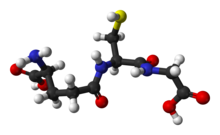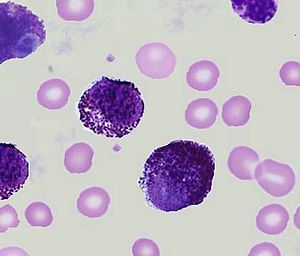Posted By:
 Steve Parcell
Steve ParcellCategory:
Immune Support
A gluten-free diet is medically necessary for those with celiac disease. Celiac disease is a serious autoimmune condition. It causes damage to the intestinal tract leading to weight loss, iron deficiency, diarrhea, fatigue, and malabsorption. Essentially it tears up the underlining of the intestinal track, especially the small intestine. Confusion arises when gluten-free diets are recommended because “it’s healthier” or “reduces inflammation.” Some people also avoid gluten because it gives them unpleasant symptoms, or they just want to be healthier. What is Gluten? Gluten is a mixture of proteins present mostly in wheat, but also in barley, rye, and oats. Gluten is the main protein in wheat, constituting approximately 80% of the total proteins in this grain. So, wheat contains the most gluten. Gluten is very resistant to digestion. [1] Therefore, some people get bloated when they eat gluten.[2] There are two subtypes of gluten in wheat called gliadin and glutenin. These proteins give strength and elasticity to bread dough. Gliadin also has four subtypes recognized by the immune system: Alpha-gliadin Beta-gliadin Gamma-gliadin Omega-gliadin Complete list of grains containing different types of gluten: Spelt Kamut Triticale Durum Einkorn Farina Semolina Couscous Barley Rye The Difference Between Celiac Disease...





